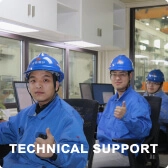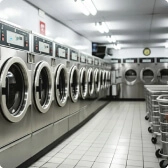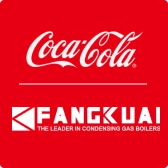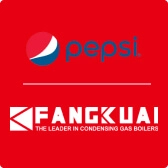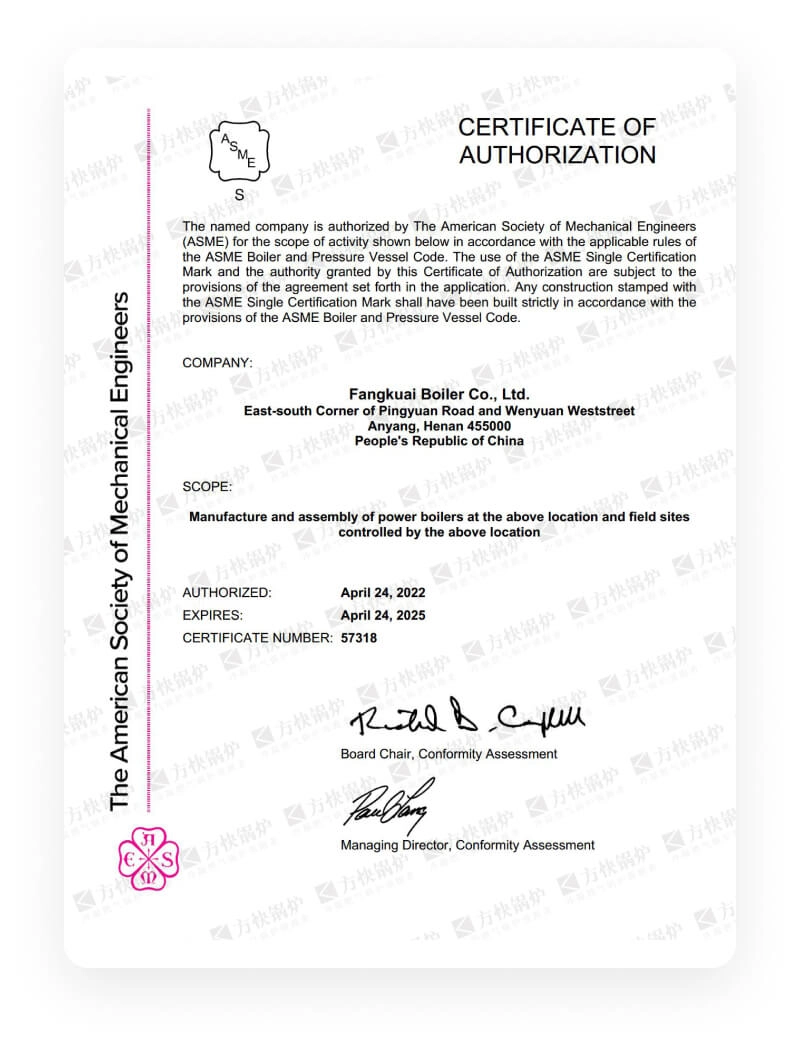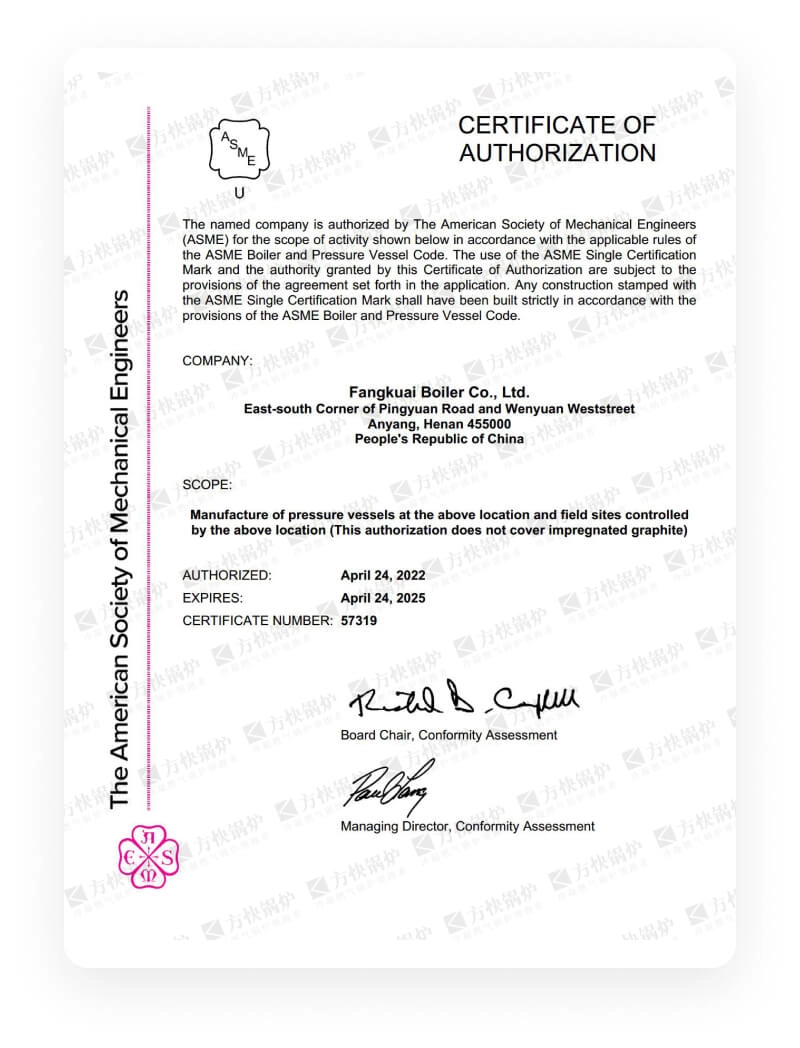The Most Commonly Used Types of Boilers | Boiler Guide
date: 2024-10-15
Page preview:
In most cases, we classify boiler types according to the fuel. Here we will introduce the 5 most commonly used boiler types.:
1. Coal-fired Boilers
Coal-fired boilers are one of the most common types of boilers. Their advantages lie in the wide availability of coal resources and relatively low prices. Coal-fired boilers are mainly classified into chain grate boilers, rotary kiln boilers, fluidized bed boilers, and other models, suitable for various scales of industrial production and heating needs. However, coal-fired boilers also face environmental pressure, requiring effective dust removal, desulfurization, and denitrification measures to reduce pollutant emissions.
2. Oil-fired Boilers
Oil-fired boilers use oil as fuel, offering high combustion efficiency and ease of use. Common types of oil-fired boilers include diesel-fired boilers and heavy oil-fired boilers. Oil-fired boilers vary in models, sizes, parameters, and specifications, allowing for selection based on actual needs. However, oil prices are relatively high, and oil supply may be affected by international oil price fluctuations.
3. Gas-fired Boilers
Gas-fired boilers use natural gas or liquefied gas as fuel, boasting high efficiency, energy saving, environmental friendliness, and safety. Gas-fired boilers are widely used in industrial, commercial, and residential sectors, such as factory heating and hotel hot water supply. As environmental protection requirements increase nationwide, gas-fired boilers are gradually replacing coal-fired boilers.
4. Biomass Boilers
Biomass boilers use biomass energy as fuel, such as wood, straw, rice husks, etc. Biomass boilers have the advantages of a wide range of fuel sources and environmental protection and energy saving. Meanwhile, as renewable energy, biomass energy aligns with national sustainable development policies. However, collecting, storing, and transporting biomass fuels may pose certain challenges.
5. Electric Boilers
Electric boilers use electric energy as a heat source, offering safety and ease of use. Electric boilers do not require fuel and therefore do not produce smoke pollution. Common electric boilers include electric steam boilers and electric hot water boilers. Electric boilers are suitable for various scales of industrial production and heating needs, especially in areas with abundant power supply.
In summary, coal-fired boilers, oil-fired boilers, gas-fired boilers, biomass boilers, and electric boilers are the most commonly used boiler types. Each type has its characteristics and scope of application, and reasonable selection should be made based on actual needs. Additionally, as national requirements for environmental protection and energy efficiency continue to increase, various boiler types are constantly innovating and improving to meet market demands.


